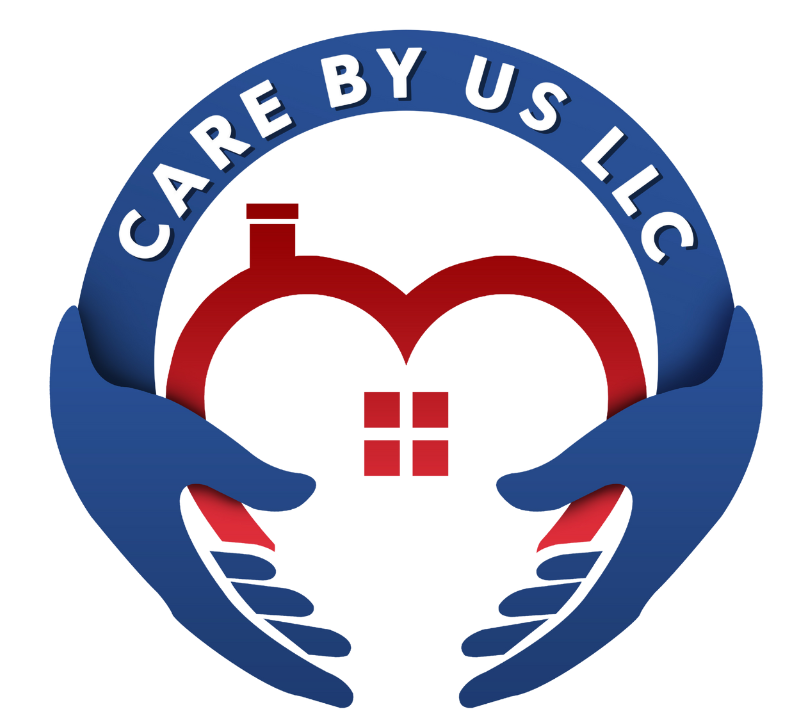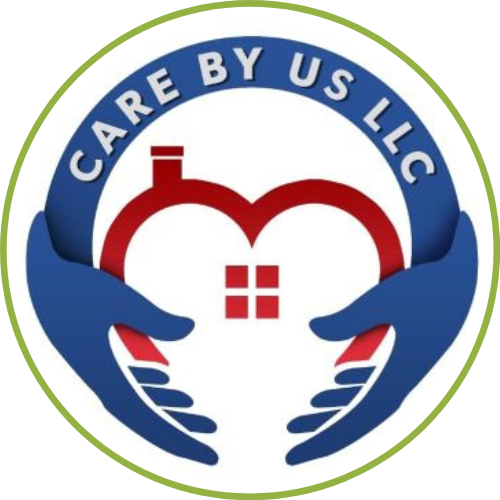"Elevate Your Care: Care By Us Epilepsy Services"
Definition of Epilepsy: Epilepsy is a neurological disorder characterized by recurrent, unprovoked seizures. Seizures are caused by abnormal electrical activity in the brain, which can lead to various symptoms ranging from brief moments of altered consciousness to convulsions. Epilepsy can affect people of all ages and backgrounds.
Statistics for Epilepsy in the US and Florida:
· In the United States, approximately 3.4 million people have epilepsy.
- In Florida, it's estimated that around 450,000 individuals have epilepsy.
- The prevalence of epilepsy in Florida is highest among children aged 5-14, with an estimated 1 in 200 children in the state having some form of epilepsy. The prevalence of epilepsy increases with age, with the highest prevalence seen in individuals aged 65 and over.
Keep in mind that these statistics may have changed since then.
Symptoms of Epilepsy: The symptoms of epilepsy can vary widely depending on the type of seizure and the area of the brain affected. Symptoms can include:
- Temporary confusion
- Staring spells
- Uncontrollable jerking movements of the arms and legs
- Loss of consciousness or awareness
- Psychic symptoms like fear, anxiety, or déjà vu
Diagnosis of Epilepsy: Diagnosing epilepsy involves a comprehensive medical history, physical examination, and neurological tests. Electroencephalography (EEG) is a common test used to record brain activity and detect abnormal patterns associated with seizures. Brain imaging scans such as MRI or CT scans may also be used to identify any structural abnormalities or injuries in the brain that could be causing the seizures.
Medications for Treating Epilepsy: Several medications, known as antiepileptic drugs (AEDs), are used to manage and control seizures in individuals with epilepsy. Some commonly prescribed AEDs include:
- Carbamazepine
- Valproic acid
- Lamotrigine
- Levetiracetam
- Phenytoin
The choice of medication depends on the type of epilepsy, the individual's age, overall health, and any potential side effects.
Prevention of Epilepsy: Epilepsy is a complex neurological disorder that can have various causes, including genetics, brain injuries, infections, and developmental disorders. While it's not always possible to prevent epilepsy, some measures might reduce the risk of brain injuries that could lead to epilepsy:
- Wearing seatbelts to prevent head injuries during accidents
- Using helmets when engaging in activities with a risk of head injuries
- Managing and treating conditions that could increase the risk of seizures, such as infections or strokes
It's important to consult with a healthcare professional for personalized advice and recommendations.
Care By Us Epilepsy Care and Recovery Services:
At Care By Us, we understand the unique challenges that individuals with epilepsy face and the importance of providing specialized care and support. Our non-medical home care agencies offer comprehensive Epilepsy Care and Recovery services designed to create a safe and nurturing environment for individuals managing epilepsy. Our services focus on promoting safety, well-being, and quality of life.
1. Personalized Care Plans: We collaborate with clients, their families, and healthcare professionals to develop personalized care plans that address the specific needs, triggers, and goals related to managing epilepsy.
2. Medication Management: Our caregivers assist individuals in managing their epilepsy medications, ensuring timely and accurate administration.
3. Seizure Observation and Response: Our caregivers are trained to observe and respond effectively to seizures, ensuring the safety of the individual during and after a seizure episode.
4. Seizure Triggers Management: We work with clients to identify potential triggers and help implement strategies to minimize their occurrence.
5. Safety Measures: We assess the home environment for potential safety hazards and implement measures to reduce the risk of accidents during seizures.
6. Emotional Support: Living with epilepsy can be emotionally challenging. Our caregivers offer companionship and emotional support to help clients cope with the emotional aspects of their condition.
7. Lifestyle Management: We provide guidance on lifestyle factors that can impact epilepsy, such as sleep patterns, stress reduction, and regular routines.
8. Communication with Healthcare Providers: With the client's consent, we maintain open communication with their healthcare team, sharing updates on seizure activity and progress.
9. Nutrition and Hydration Support: We offer nutritional guidance to support overall well-being and promote a balanced diet that aligns with any dietary restrictions.
10. Transportation Assistance: We provide transportation to medical appointments, therapy sessions, and other necessary healthcare visits.
11. Family Education and Support: We educate family members on epilepsy-related care strategies, seizure response, and effective ways to provide support.
12. Home Safety Assessment: We assess the home environment for potential safety hazards and recommend modifications to enhance safety.
13. Medication Reminders: We provide reminders and support to ensure clients take their epilepsy medications as prescribed.
14. Seizure Diary Monitoring: We assist clients in maintaining seizure diaries to track seizure frequency, duration, and potential triggers.
15. Rehabilitation Support: After a seizure, our caregivers provide assistance with recovery, hydration, and comfort measures.
16. Progress Monitoring: We monitor the individual's progress and well-being, documenting any changes or developments to share with healthcare professionals.
At Care By Us, our Epilepsy Care and Recovery services aim to empower individuals to manage their condition effectively and lead fulfilling lives. We focus on providing a safe and supportive environment while promoting their overall well-being and independence.


